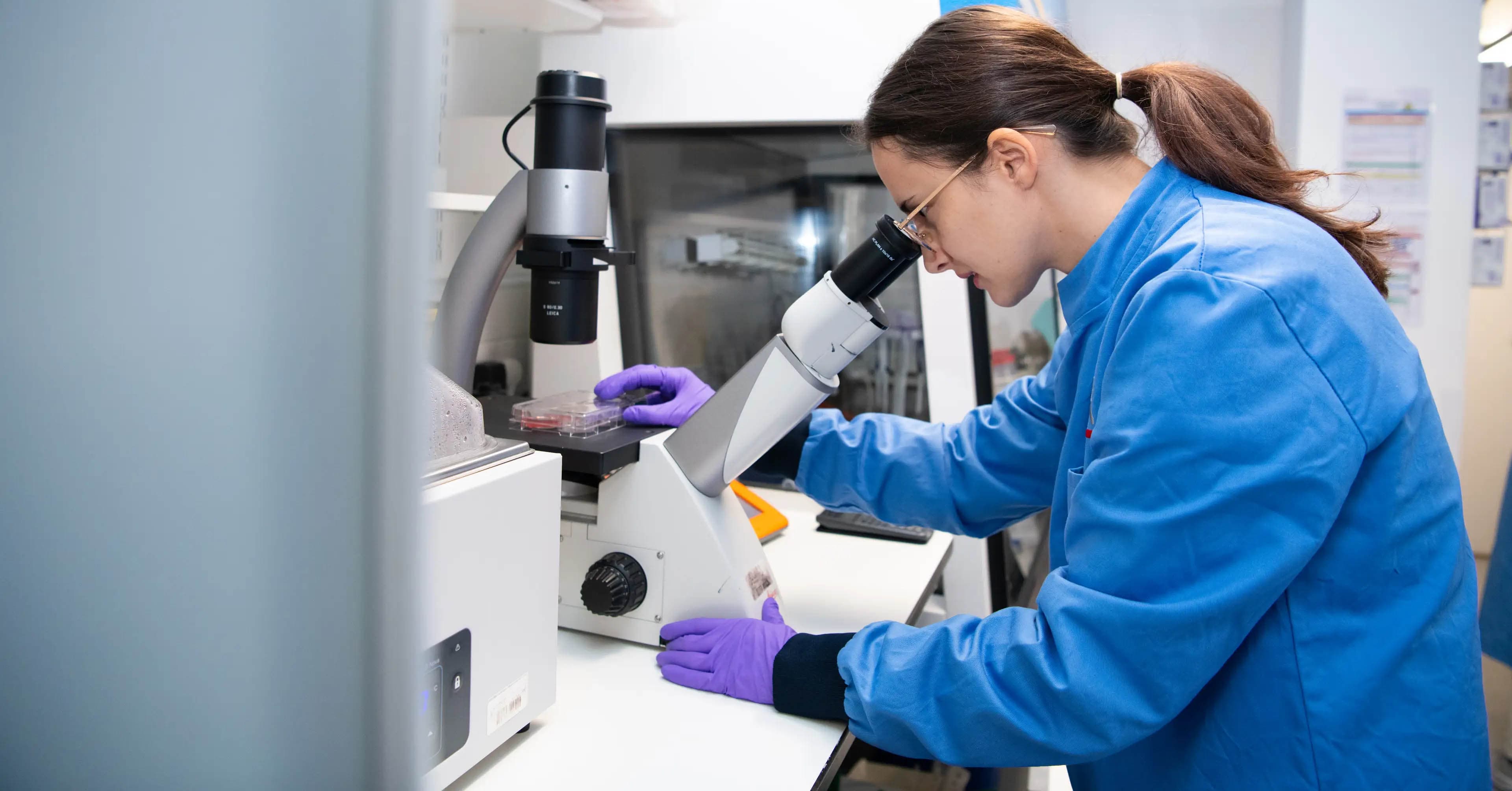
More people than ever are being diagnosed with kidney cancer, so our researchers are working hard to better understand what increases the risk of kidney cancer. Our researchers are also studying kidney cancer biology and developing new treatments to improve the outlook for people diagnosed with this type of cancer.
Based at the Francis Crick Institute, Dr Samra Turajlic is studying how kidney cancers evolve and spread, and why treatments stop working, as part of the TRACERx study. Knowing how kidney cancer changes over time could help doctors tailor treatments to each person’s cancer, and help researchers design new treatments to stop cancer in its tracks.
Find out more about Dr Turajlic's research
In Cambridge, Professor Ferdia Gallagher is studying if a new method of imaging can be used to monitor kidney cancers. If successful, these MRI scans have the potential to help doctors tell whether a person is responding to treatment very rapidly, and potentially could reduce the need for invasive biopsies to understand the tumour in more detail.
Small renal masses (SRMs) form early in the development of kidney cancer. Over time, some SRMs progress to advanced disease and surgical removal at an early stage provides a cure. However, surgery to remove them comes with risks, particularly when some may not require treatment. Tom Mitchell in Cambridge is mapping the ‘molecular archaeology’ of these tumours to highlight those tumours that require urgent treatment and also spare some people from unnecessary surgery.

Thanks to research, we've helped change the outlook for people with kidney cancer.
Meet people like Nilesh (right) who have experienced first-hand how our research is making a difference. The life-saving research we do wouldn’t be possible without your support.
Want to find more information about our research or brain and nerve cell tumours?